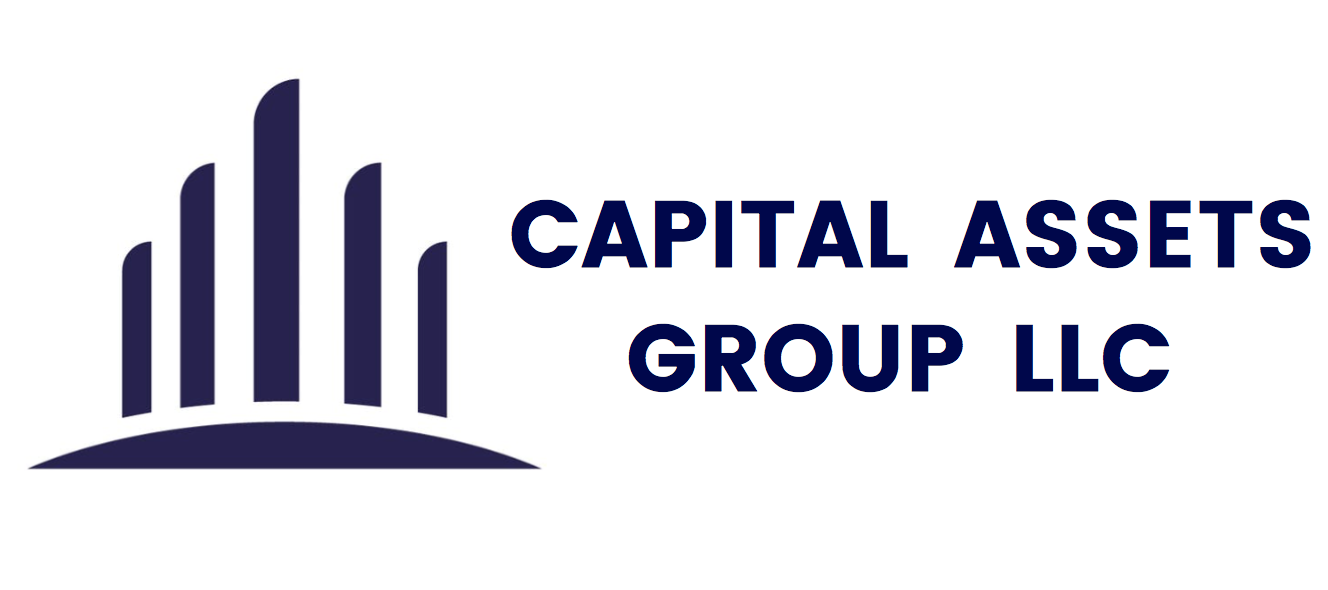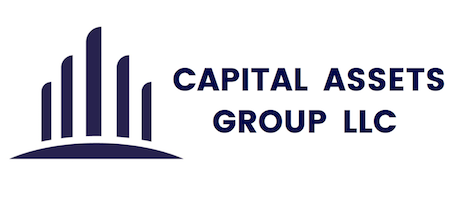Mortgage Note Investing
What is Mortgage Note Investing?
We know learning the ins and outs of note investing can be a challenging task. We want to make sure all of our sellers and investors always feel informed. We put together these frequently asked questions about the industry to help get you started.

What is a note?
A note is simply a promise to repay a loan. In the note industry, this promise is in the form of a contract in which one party (the borrower) agrees to repay the loan amount to the other party (the lender) within a set period of time and under specific terms (including interest rate on the loan, penalties for late payments, etc.) For a real estate note, the borrower usually secures the note with real estate. That means that if the borrower stops paying, the lender has the right to sell the real estate to recover the remaining amount owed. A note can apply to several different types of loans, though our primary focus is on real estate loans.
What is the difference between investing in non-performing notes and performing notes?
Notes are frequently referred to as either performing or non-performing. Performing notes are currently receiving payments, which is normally the most passive way to invest. A non performing note is one where the borrower has stopped making payments. The main differences between investing in a non performing and a performing note is how much time and effort is spent to recover the amount owed and collect a profit based on the associated risk elements. A performing note requires almost no time from the investor. Investing in a non-performing note is much more active, requiring a more significant time commitment and higher level of risk tolerance. The reward of converting a non performing note back to performing can yield a much larger return when compared to a performing note although it normally takes months to see any return and there are many other risks to consider. Note professionals, such as Capital Assets Group can help you understand the benefits and risks of note investing either on your own or together with an experienced note investment company.
How is a note investment secured?
When a note and mortgage (or deed of trust) is first originated, the county courthouse recording of the mortgage perfects the collateral (the property) for the lender, indicating that the lender has an interest in the property. If and when the note and mortgage are ever sold by the lender in the future, a new assignment of mortgage is drawn up and recorded in the county courthouse where the mortgaged property is located. Once recorded, this transfer of the mortgage to a new owner is now public record. When we purchase notes, we are listed as the owner of the note, although the notes and their contents are not recorded at the courthouse.
How long is an investment meant to last?
Every note investment has unique terms and timelines that vary from case to case. A performing note term can often be up to 30 years, although very few last that long. Non performing note investments don’t follow a set or known timeline. If the borrower is able to start repaying, many times a loan modification extends the repayment term longer than the original term to adjust for back payments and arrears, while still having payments remain affordable for the borrower. Our goal is to create a win-win situation as the new note holder, and build a relationship with both our investors and borrowers. If the property has to go through the legal process, it can take a year or longer to see any return. Investors must always be clear on the details of the note and the plan for the investment prior to entering an agreement to purchase the note.
Can I Invest in Notes While Working a Full-Time Job?
Yes! In fact, in our experience, most investors have full time jobs and aren’t planning to make a business or a job with notes. They are usually seeking steady, above market returns with their investment dollars secured by real estate. Many investors start with “partials” which are part of the payments on a note which are usually shorter time lines and often carry some buy-back protection from the seller if the borrower stops paying. We’ll be happy to share with you different ways to participate in note investing.
Are there tax implication for note investments?
Although we do not offer accounting advice, when an investor owns an individual note and is receiving payments, the interest portion of monthly payments are taxed as interest income. If an investor sells or cashes out of a note, the result may be either a short-term or long time capital gain/loss depending on length of time you owned the investment.
Many investors use a Self-Directed IRA to make real estate and note investments which means they pay no taxes on the income or gains until they start withdrawing after retirement.

The Mortgage Note Experts
Capital Assets Group LLC works hard to educate investors on the benefits and risks of investing in real estate notes. If you still have specific questions, please do not hesitate to contact us!

